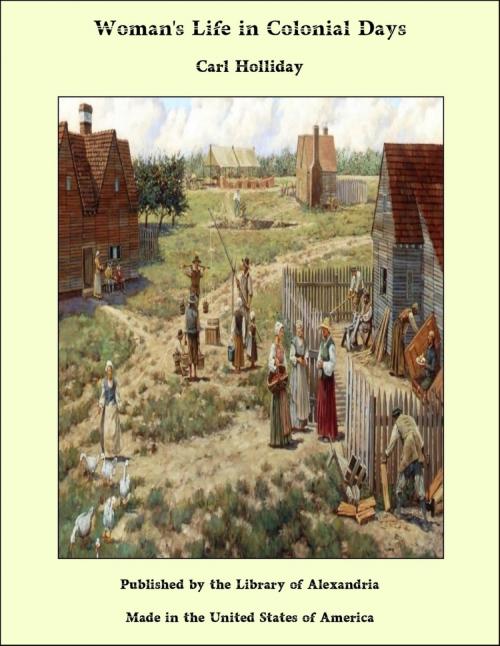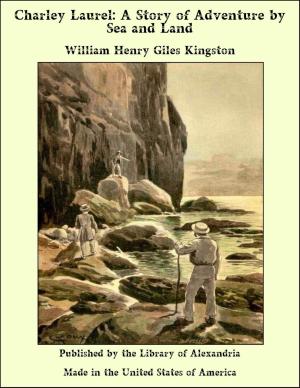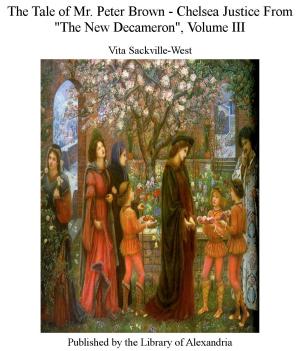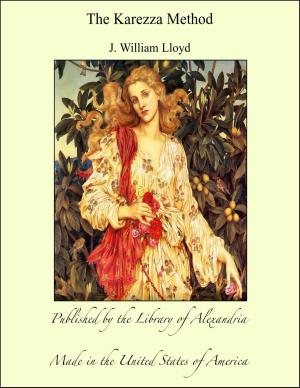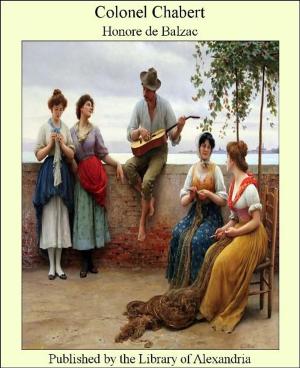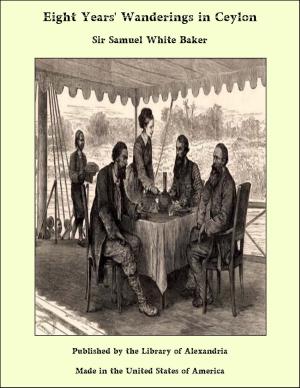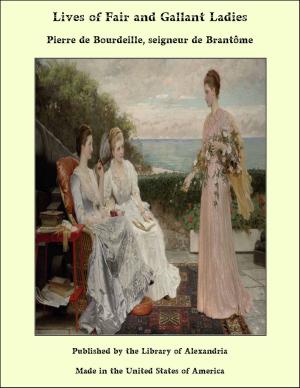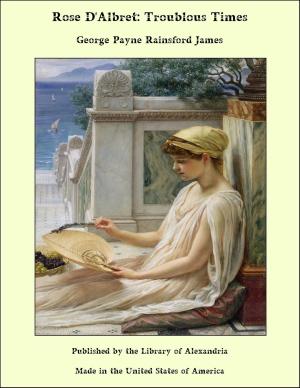Woman's Life in Colonial Days
Nonfiction, Religion & Spirituality, New Age, History, Fiction & Literature| Author: | Carl Holliday | ISBN: | 9781465626219 |
| Publisher: | Library of Alexandria | Publication: | March 8, 2015 |
| Imprint: | Language: | English |
| Author: | Carl Holliday |
| ISBN: | 9781465626219 |
| Publisher: | Library of Alexandria |
| Publication: | March 8, 2015 |
| Imprint: | |
| Language: | English |
This book is an attempt to portray by means of the writings of colonial days the life of the women of that period,—how they lived, what their work and their play, what and how they thought and felt, their strength and their weakness, the joys and the sorrows of their everyday existence. Through such an attempt perhaps we can more nearly understand how and why the American woman is what she is to-day. For a long time to come, one of the principal reasons for the study of the writings of America will lie, not in their intrinsic merit alone, but in their revelations of American life, ideals, aspirations, and social and intellectual endeavors. We Americans need what Professor Shorey has called "the controlling consciousness of tradition." We have not sufficiently regarded the bond that connects our present institutions with their origins in the days of our forefathers. That is one of the main purposes of this study, and the author believes that through contributions of such a character he can render the national intellectual spirit at least as valuable a service as he could through a study of some legend of ancient Britain or some epic of an extinct race. As Mr. Percy Boynton has said, "To foster in a whole generation some clear recognition of other qualities in America than its bigness, and of other distinctions between the past and the present than that they are far apart is to contribute towards the consciousness of a national individuality which is the first essential of national life.... We must put our minds upon ourselves, we must look to our past and to our present, and then intelligently to our future." The author has endeavored to follow such advice by bringing forward those qualities of colonial womanhood which have made for the refinement, the intellectuality, the spirit, the aggressiveness, and withal the genuine womanliness of the present-day American woman. As the book is not intended for scholars alone, the author has felt free when he had not original source material before him to quote now and then from the studies of writers on other phases of colonial life—such as the valuable books by Dr. Philip Alexander Bruce, Dr. John Bassett, Dr. George Sydney Fisher, Charles C. Coffin, Alice Brown, Alice Morse Earle, Anna Hollingsworth Wharton, and Geraldine Brooks. The author believes that many misconceptions have crept into the mind of the average reader concerning the life of colonial women—ideas, for instance, of unending long-faced gloom, constant fear of pleasure, repression of all normal emotions. It is hoped that this book will go far toward clearing the mind of the reader of such misconceptions, by showing that woman in colonial days knew love and passion, felt longing and aspiration, used the heart and the brain, very much as does her descendant of to-day.
This book is an attempt to portray by means of the writings of colonial days the life of the women of that period,—how they lived, what their work and their play, what and how they thought and felt, their strength and their weakness, the joys and the sorrows of their everyday existence. Through such an attempt perhaps we can more nearly understand how and why the American woman is what she is to-day. For a long time to come, one of the principal reasons for the study of the writings of America will lie, not in their intrinsic merit alone, but in their revelations of American life, ideals, aspirations, and social and intellectual endeavors. We Americans need what Professor Shorey has called "the controlling consciousness of tradition." We have not sufficiently regarded the bond that connects our present institutions with their origins in the days of our forefathers. That is one of the main purposes of this study, and the author believes that through contributions of such a character he can render the national intellectual spirit at least as valuable a service as he could through a study of some legend of ancient Britain or some epic of an extinct race. As Mr. Percy Boynton has said, "To foster in a whole generation some clear recognition of other qualities in America than its bigness, and of other distinctions between the past and the present than that they are far apart is to contribute towards the consciousness of a national individuality which is the first essential of national life.... We must put our minds upon ourselves, we must look to our past and to our present, and then intelligently to our future." The author has endeavored to follow such advice by bringing forward those qualities of colonial womanhood which have made for the refinement, the intellectuality, the spirit, the aggressiveness, and withal the genuine womanliness of the present-day American woman. As the book is not intended for scholars alone, the author has felt free when he had not original source material before him to quote now and then from the studies of writers on other phases of colonial life—such as the valuable books by Dr. Philip Alexander Bruce, Dr. John Bassett, Dr. George Sydney Fisher, Charles C. Coffin, Alice Brown, Alice Morse Earle, Anna Hollingsworth Wharton, and Geraldine Brooks. The author believes that many misconceptions have crept into the mind of the average reader concerning the life of colonial women—ideas, for instance, of unending long-faced gloom, constant fear of pleasure, repression of all normal emotions. It is hoped that this book will go far toward clearing the mind of the reader of such misconceptions, by showing that woman in colonial days knew love and passion, felt longing and aspiration, used the heart and the brain, very much as does her descendant of to-day.
